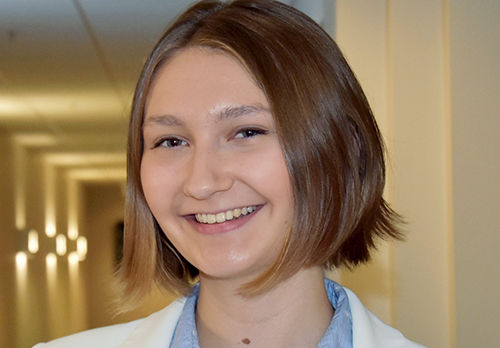Faraday Future has chosen industry veteran Carsten Breitfeld as its new global CEO to bolster the long cash-strapped startup in its efforts to secure funding and develop products.

September 03, 2019 08:04 PM
Featured Stories
Here’s how the tariff changes will impact parts, vehicles and more
Automotive News breaks down how the April 29 tariff adjustments will affect the auto industry, what information remains unclear, and what’s next for tariffs on cars and parts.
Latest News
Staying current is easy with newsletters delivered straight to your inbox.
See More in Executives
Staying current is easy with newsletters delivered straight to your inbox.








